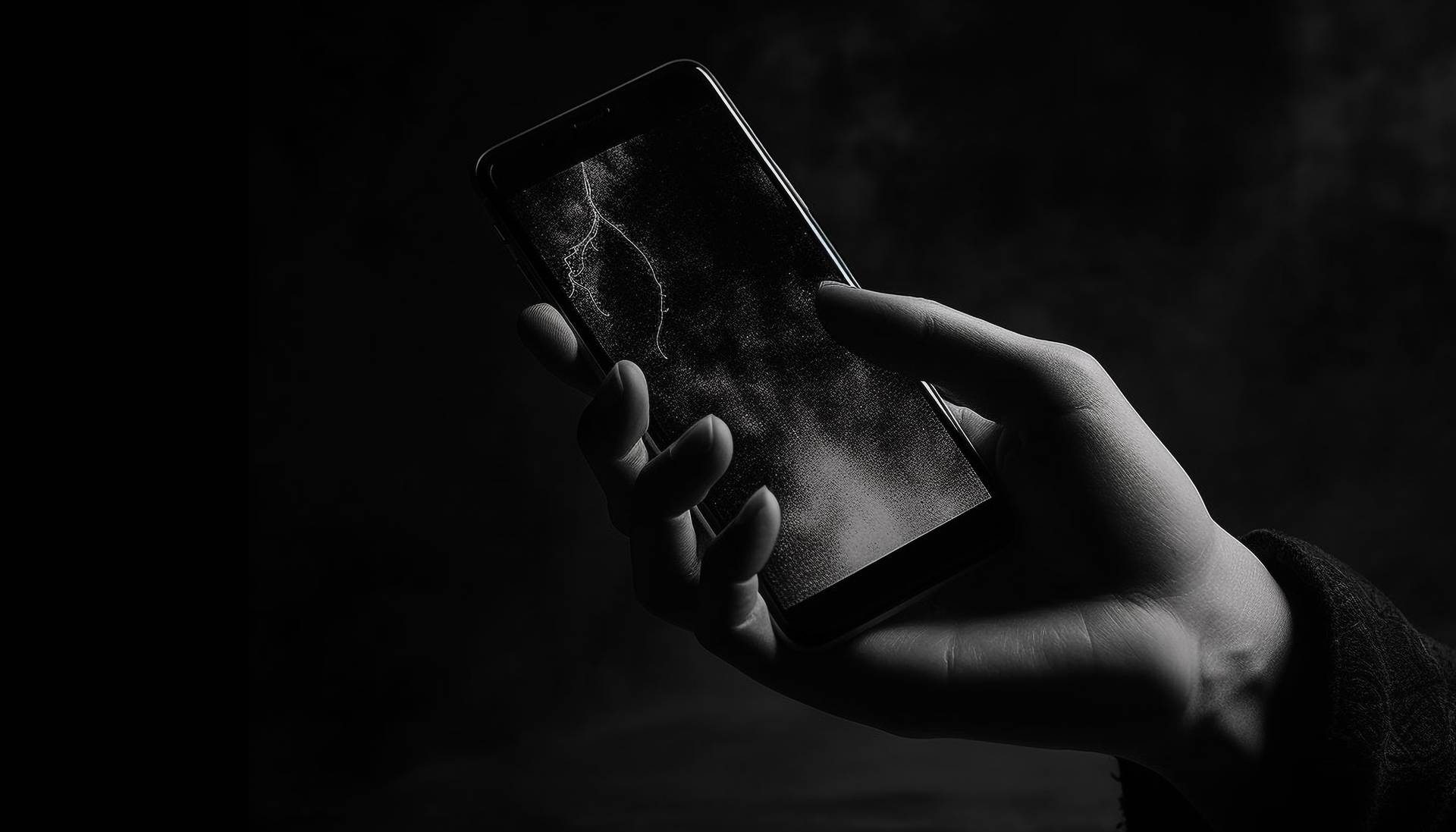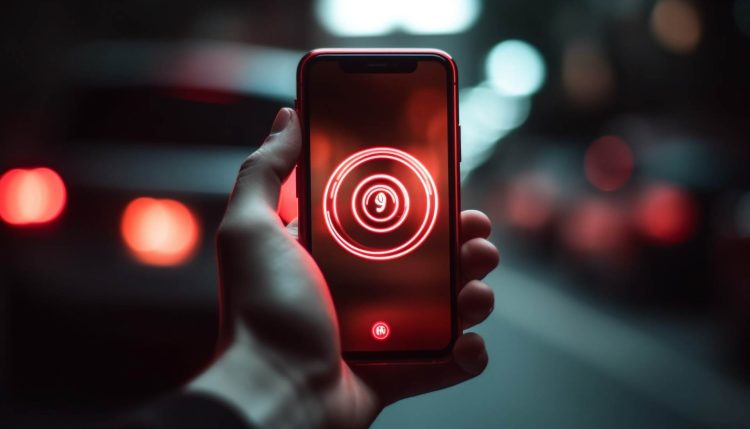Apple mercenary spyware attack notifications have recently reached iPhone users in 98 countries, alerting them to potential security breaches. This marks the second time this year that Apple has issued such warnings, with a previous notification campaign occurring in April across 92 nations, as reported by TechCrunch.
Since 2021, Apple has been vigilant in notifying users about these threats, covering over 150 countries.
The latest warning from Apple did not disclose specific details about the attackers or the countries targeted. However, Apple emphasized the seriousness of these threats, indicating that the attacks are likely aimed at individuals because of their roles or activities. The company assured users that while it is difficult to be absolutely certain in detecting such attacks, it has high confidence in its threat identification.
Users in India are among those who have received these Apple mercenary spyware attack notifications. This is not the first instance of such warnings in the country. In October, Apple alerted several journalists and politicians in India about similar threats. Following these Apple mercenary spyware attack notifications, Amnesty International found Pegasus spyware, developed by the Israeli firm NSO Group, on the iPhones of several prominent Indian journalists.

Why did you receive an Apple mercenary spyware attack notification?
Apple mercenary spyware attack notifications are issued to alert users about potential security threats targeting their iPhones. Receiving such notification means that Apple has detected activity suggesting that your device might be under threat from sophisticated spyware designed and sold by private companies. Here are the primary reasons why you might have received this notification:
Targeted due to your role or activities
Mercenary spyware attacks are often highly targeted, focusing on individuals who hold particular roles or engage in specific activities. This could include journalists, activists, politicians, business executives, and other high-profile figures. The attackers aim to gather sensitive information that could be used for espionage, blackmail, or other malicious purposes. If you fall into one of these categories, your professional or public activities might have made you a target.
Evidence of attempted compromise
Apple’s internal threat detection systems monitor for unusual activity that could indicate a spyware attack. This includes attempts to remotely compromise your device by exploiting software vulnerabilities or using phishing techniques to gain unauthorized access. If Apple’s systems detect such activities associated with your device, it triggers a notification to warn you of the potential threat.
Global surveillance trends
The increasing prevalence of mercenary spyware has made it a significant concern for technology companies and security experts worldwide. These sophisticated tools are often used by governments and organizations with substantial resources to conduct widespread surveillance. Apple’s proactive approach involves notifying users across various regions, reflecting broader global surveillance trends. If you received a notification, it may be part of a larger campaign to protect users in multiple countries from coordinated spyware attacks.

What to do if you receive an Apple mercenary spyware attack notification?
If you receive an Apple mercenary spyware attack notification, it’s crucial to take immediate action to secure your device and data.
Here are some steps you should follow:
- Update your iPhone: Ensure that your device is running the latest version of iOS 18, as updates often include critical security patches.
- Enable two-factor authentication: This adds an extra layer of security to your Apple ID and prevents unauthorized access.
- Check for suspicious activity: Review your device for any unusual apps, settings changes, or network activity.
- Consult with security experts: If you suspect that your device has been compromised, seek advice from cybersecurity professionals who can help you mitigate the threat.
Receiving an Apple mercenary spyware attack notification indicates that you might be a target of a sophisticated and potentially dangerous attack. By understanding the reasons behind the notification and taking appropriate security measures, you can protect your personal information and maintain your digital privacy.
What are the iPhone codes to check for spyware?
Understanding the importance of detecting spyware, Apple has provided several ways for users to check their devices. Although the company uses internal threat intelligence for detection, users can take some steps to identify potential spyware.
One method involves using specific iPhone codes to check for spyware. Users can dial certain codes to reveal hidden information about their device’s status. For example, *#21# and *#62# can be used to check if calls and messages are being forwarded to another number. If any unusual numbers appear, it could indicate spyware.
Additionally, #06# displays the device’s IMEI number, which can be checked against Apple’s database to ensure it matches the registered device. If the IMEI number does not match, it might suggest tampering or cloning. Another useful code is ##197328640##*, which opens a service menu allowing users to check various network parameters and statuses.
Apple also recommends regularly updating the iPhone’s software. These updates often include security patches that protect against the latest spyware threats. Users should enable automatic updates and check for updates manually to ensure their device has the latest protections.

What is the mercenary spyware meaning?
The term “mercenary spyware” refers to sophisticated surveillance software developed and sold by private companies to governments and other entities. Unlike state-sponsored spyware, which is typically used by nations for intelligence and security purposes, mercenary spyware is sold to the highest bidder, regardless of their intentions.
Mercenary spyware is designed to infiltrate devices stealthily, extracting information without the user’s knowledge. It can monitor communications, access files, and even control the device remotely. This type of spyware poses a significant threat to individuals and organizations, as it can be used for various malicious purposes, including espionage, blackmail, and data theft.
Apple has shifted its language to describe these incidents as mercenary spyware attacks, highlighting the commercial nature of these threats. This shift underscores the growing concern over the availability and use of such spyware by various actors. Companies like NSO Group, which developed Pegasus spyware, have been at the center of controversy for selling their software to governments accused of human rights abuses and other unethical practices.
Either way, it is best not to ignore the Apple mercenary spyware attack notifications and take immediate action.
Featured image credit: vecstock/Freepik





